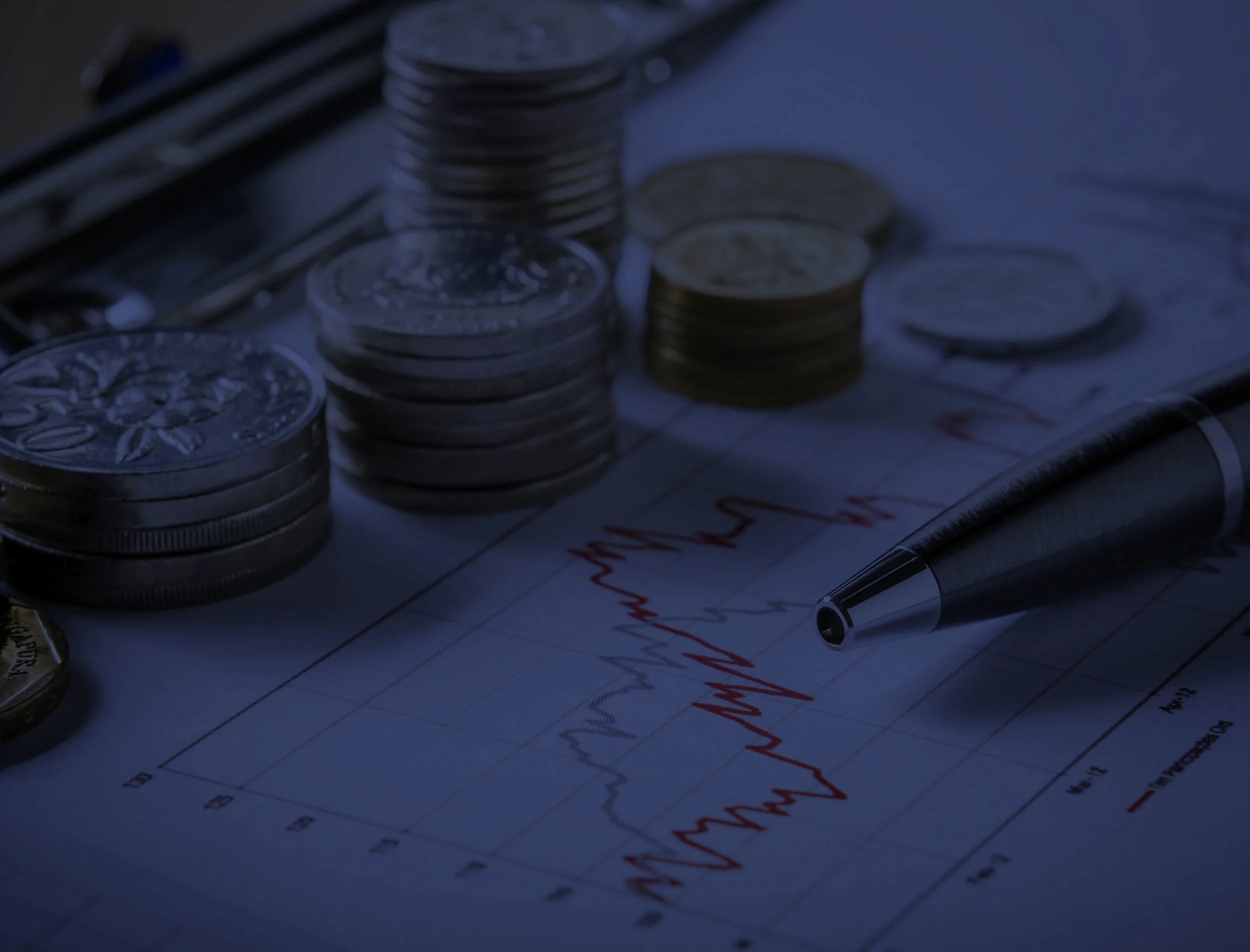Is The Tide Going Out?
September marks the 10-year anniversary of the collapse of Lehman Brothers, the largest bankruptcy filing in U.S. history and one of the defining moments of the Great Financial Crisis (GFC). The event helped trigger an almost 50% plunge in the value of the S&P 500. Six months later, the stock market finally bottomed, the economy began to slowly improve, and U.S. investors have since benefitted from a seemingly uneventful march to all-time high levels in the U.S. stock market. With the current U.S. economic expansion now the longest since 1900, many investors have become concerned that the market’s best days are behind it. After closer inspection, we’re not convinced.
Industrial recession
Beginning in 2015, industrial production declined and stayed negative for nearly a year. It’s the only time since 1960 that a decline in industrial production did not coincide with a recession in the broader U.S. economy. But for many companies, the period from late 2015 through 2016 felt like a recession. For example, other than in 2009 during the depths of the GFC, there were more corporate defaults in 2016 than at any point in the last 15 years. Additionally during this time, both sales and net income declined for the companies that comprised the S&P 500 in what has since been referred to as a mini-earnings recession.
Bear market in the median stock
In the midst of the industrial recession described previously, the S&P 500 index fell 15%, short of the 20% drop needed to classify the move as a bear market. However, the median stock in the S&P 500 fell 25%. Also, the Russell 2000 fell 27%, and the Dow Jones Transportation Average fell 32%. Simultaneously, emerging market stocks were down 40%, and stocks in China fell nearly 50%. The S&P 500 managed to fall “only” 15% in large part due to gains in a few mega-cap tech stocks. Everywhere else, 2015-2016 was a difficult bear market.
Conclusion
Rather than classifying the current economic expansion as the longest since 1900, we believe the industrial recession of 2015-2016, coupled with a bear market in most stocks globally, points to the start of a new economic cycle beginning in the second half of 2016. On that basis, the current economic cycle is barely two years old and well short of the length of an average economic expansion. Warren Buffett has said, “Only when the tide goes out do you discover who’s been swimming naked.”
“At First Fiduciary, we don’t know when the tide will change,” says Senior Analyst Andrew Givens. “But when it does, we are confident our portfolio of high-quality and attractively-valued industry leaders will take full advantage and emerge as even stronger companies.”

